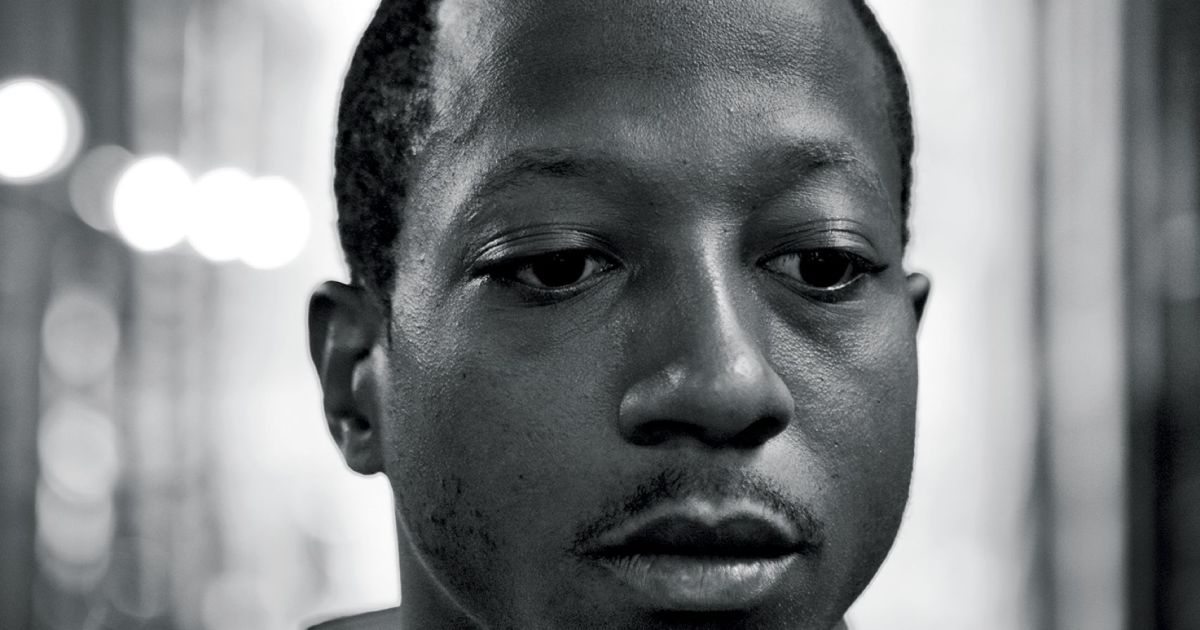 The justice system is failing us right now, and it has been for years. If we look at the world around us, the man who walks the halls of the White House and the policies that are reigning down on the citizens and residents of this country, it’s clear that laws are being made to keep us shackled and immobile for generations and centuries to come. We are all being crippled whether literally or morally. However, no group of people has been more devastated, cast aside and broken by the system than impoverished people of color. In her astounding Netflix documentary, “13th” director Ava DuVernay, connected this thread that runs through the past one hundred and fifty years. It is a cycle of impoverishment, imprisonment, death and destruction, and it has been so deeply and so irreparably ingrained in our society that our youngest citizens have given their lives as a result of it.
The justice system is failing us right now, and it has been for years. If we look at the world around us, the man who walks the halls of the White House and the policies that are reigning down on the citizens and residents of this country, it’s clear that laws are being made to keep us shackled and immobile for generations and centuries to come. We are all being crippled whether literally or morally. However, no group of people has been more devastated, cast aside and broken by the system than impoverished people of color. In her astounding Netflix documentary, “13th” director Ava DuVernay, connected this thread that runs through the past one hundred and fifty years. It is a cycle of impoverishment, imprisonment, death and destruction, and it has been so deeply and so irreparably ingrained in our society that our youngest citizens have given their lives as a result of it.
On May 15, 2010, sixteen-year-old Kalief Browder, a Bronx, New York resident was arrested for allegedly stealing a backpack. Though he was never convicted of the crime, Browder would spend over the next one thousand days of his life locked away on Rikers Island, being beaten, starved and tortured. He would spend eight hundred of those days in solitary confinement before he was finally released, with all charges dropped in June 2013. On June 6, 2015, at the age of 22-years old, Browder hanged himself at his mother’s home. Not only did the justice system fail Browder, as his fellow citizens, we must also take responsibility.
During the two years between his release from prison and his death, Browder sought to tell his story. As a society, we denied him the right to life, we denied him the right to a fair trial, and in doing so, we attempted to deny his very existence. In a six-part documentary produced by Shawn “Jay-Z” Carter and The Weinstein Company, writer/director Jenner Furst outlines Browder’s life in detail. He allows the late young man to speak for himself while using archival footage, haunting surveillance tapes, interviews with his loved ones and commentary from activists like Michelle Alexander, Van Jones, and Jay-Z, as well as words from former Rikers inmates and corrections officers. “TIME: The Kalief Browder Story” highlights how deeply broken we are as a society and what little empathy we have for those whose paths are different from our own.
An evocative and emotionally devastating piece of work, “TIME: The Kalief Browder Story” fleshes out the full being of a young man who was under surveillance for the entirety of his short life. This scrutiny never afforded him the opportunity of a complete childhood, much less a chance at manhood.
Continue reading at Shadow and Act.
Image: SpikeTV
